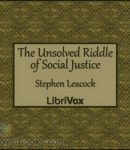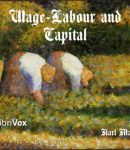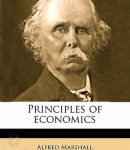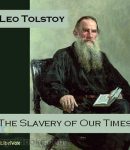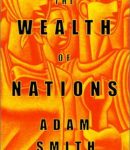
The Wealth of Nations
Adam Smith’s “The Wealth of Nations” gives an in-depth discussion of different economic principles like the productivity, division of labor and free markets. Although written and published more than 200 years ago, it’s still hailed as one of the most original works in the field of economics and is still used as a reference by many modern economists. “An Inquiry Into the Nature and Causes of the Wealth of Nations” is the complete title of this book and it was first published in 1776, the same year that the American colonies declared their independence from Britain. It’s interesting to note that Adam Smith once suggested to British authorities before this year that they should let the colonies be represented in the British parliament because of the contributions they give to the British Empire. But as we all know, they didn’t follow his suggestion and the Americans in defiance of British rule declared their independence. Experts at the time argued that if the British only followed Smith’s suggestion, the American Revolution wouldn’t have happened. Aside from this, Adam Smith had many other brilliant ideas about politics and economics, many of which were discussed in this book. He was the first economist to make an in-depth analysis about the division of labor, how it affects productivity, and what real price is. He also explained in this book the reasons why he opposed mercantilism, an economic theory which was very popular during that time. Then, he recommended and discussed here why free trade […]






























